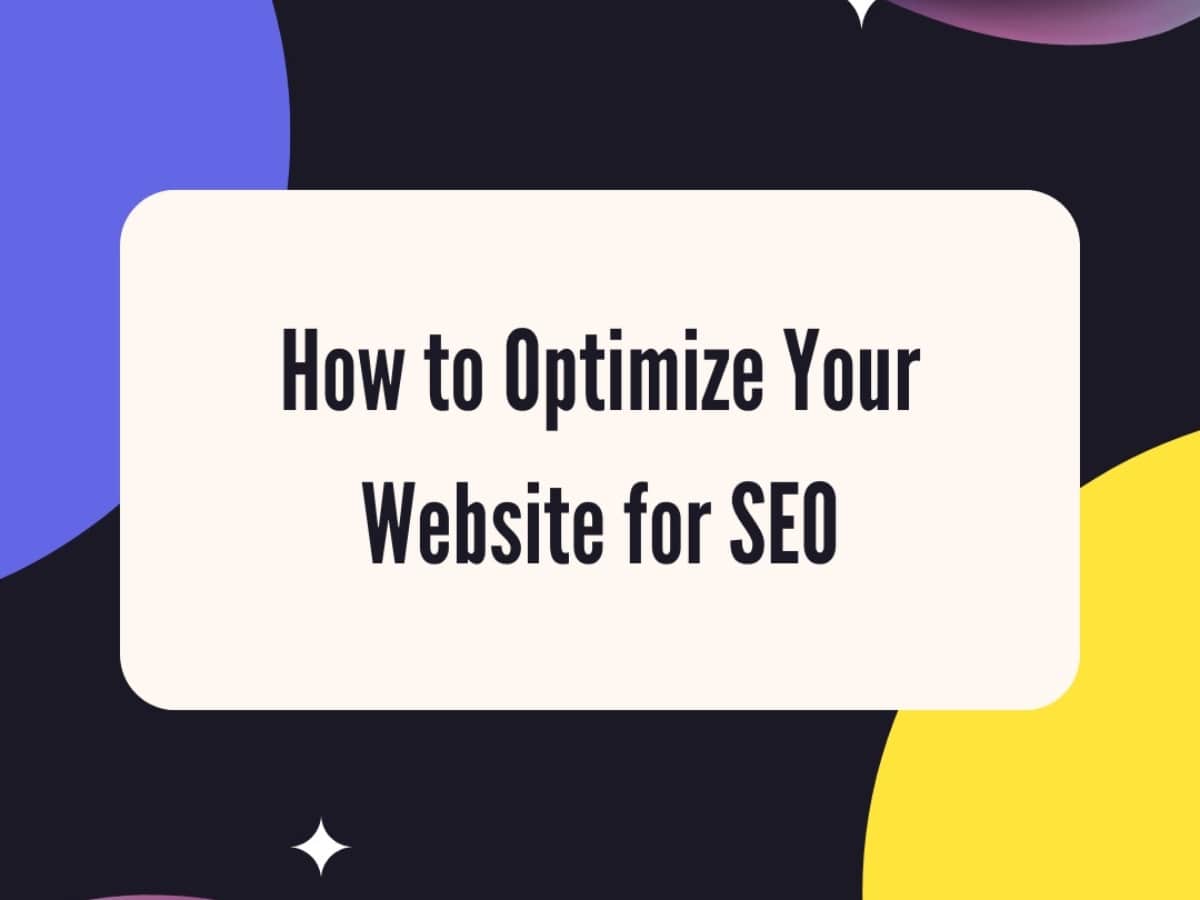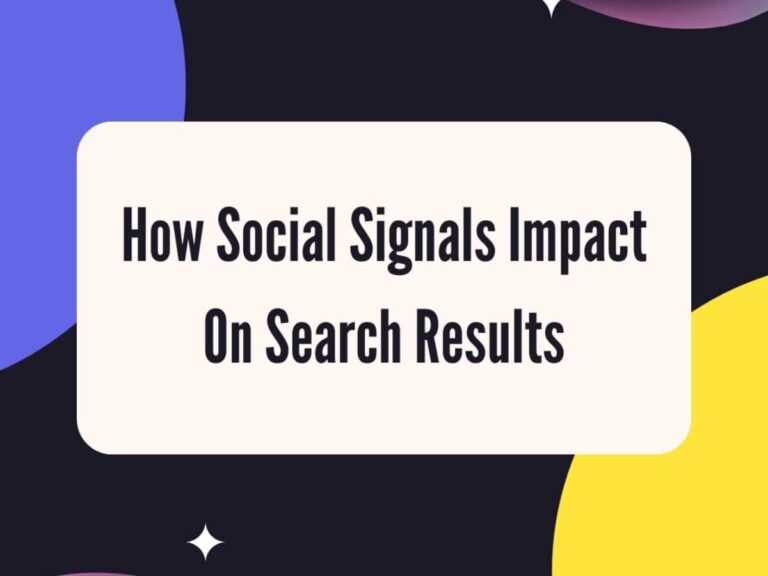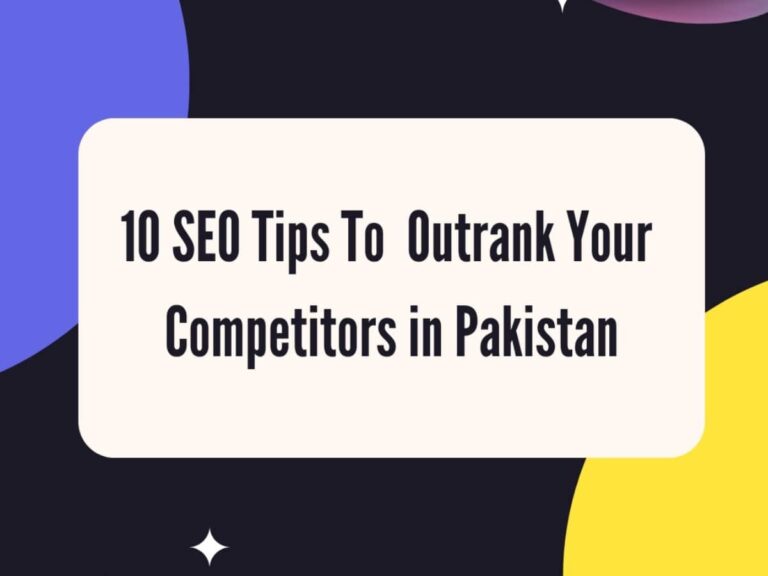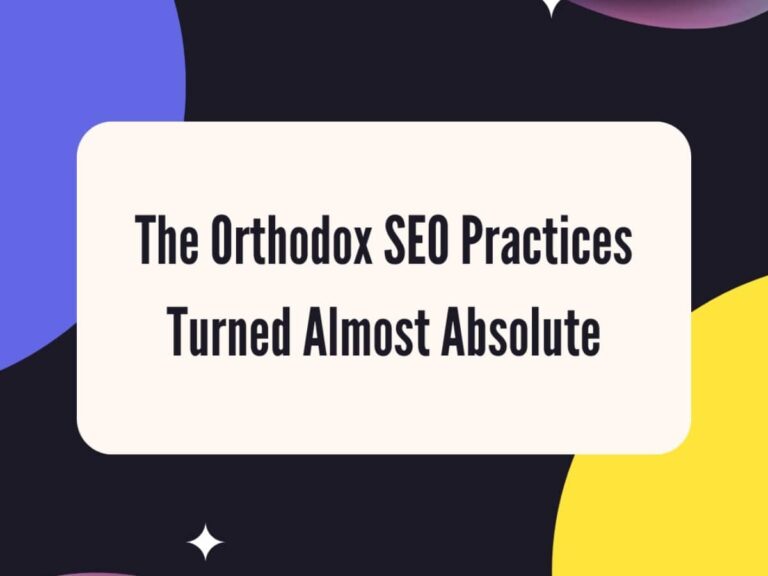How to Optimize Your Website for SEO: Best Practices
If you want more people to visit your website and discover your products or content, learning how to optimize your website for SEO is essential. Understanding search engine optimization (SEO) helps you influence where your site appears in search results making it easier for potential customers to find you online.
With the right SEO strategies you can attract more organic visitors and improve your chances of making sales or gaining readers. In this article, we will discuss effective ways to enhance your website for better rankings, more traffic and ultimately greater success.
You can also read: Why You Should Hire a Local SEO Expert
What is SEO and Why Does It Matter?
SEO is a digital marketing practice that helps search engines like Google understand what your website is about. It makes your content relevant to what people are searching for which means your site has a better chance of showing up in search results.
This is important because a majority of searchers don’t look beyond the first page of search results. If your website ranks higher, more potential visitors will discover you.
For example, if you have a fitness blog and someone searches for “how to lose weight” good SEO practices can help them find your article. By optimizing your site you can connect with the right audience, increase traffic and boost sales making SEO essential for your online success.
Now, let’s make one thing clear about SEO:
“Search Engines index pages, not your website as a whole. This means that your SEO work should be done page by page.”
Seven ways to improve your website for SEO
In this competitive digital landscape it is important to understand how to optimize your content not just for your audience but also for search engines like Google.
This guide will cover 7 ways you can enhance your website’s SEO to boost your online presence and ensure your site stays relevant as search algorithms change over time.
1 Conducting Keyword Research
Conducting keyword research is essential for understanding what your customers are searching for online. By identifying the right keywords you can create content that matches their needs and interests.
Start by using tools like Google Keyword Planner or Ubersuggest to find popular and relevant terms related to your industry. Look for a mix of short tail keywords which are general and often more competitive and long tail keywords which are longer and more specific making them easier to rank for.
For example, instead of just using “shoes” try “best running shoes for kids.” This helps attract the right audience and boosts your chances of appearing in search results. Remember the goal is to optimize your content so it aligns with what people are actually searching for making your website more visible and driving more traffic.
2 Website’s Optimization For On Page SEO
Optimizing your website for on page SEO is crucial for improving visibility and user experience. Here are four key factors to focus on:
- Meta tags and indexability: Use clear meta tags to help search engines understand what your page is about making it easier for them to index your content.
- Heading tags: Organize your content with heading tags (H1, H2, H3) to guide readers and search engines allowing them to skim through your page easily.
- Accessibility: Provide good alt text for images so that users with screen readers can understand your visuals making your site more inclusive.
By focusing on these elements you can enhance your website’s performance and ensure it meets the needs of both search engines and users.
3 Creating SEO Friendly Content
Creating SEO friendly content is essential for attracting readers and improving your website’s visibility. Start by writing engaging and informative pieces of content by following ranking factors that truly help your audience.
Include keywords naturally without stuffing them in as this can hurt your ranking. It is also important to use LSI keywords to give context to your content. Aim for longer articles ideally around 1,000 to 1,600 words as in depth coverage often performs better in search results.
4 Optimize Website for Mobile Users
It is essential to optimize your website for mobile users because more people are using their smartphones to browse the internet. If your site is not mobile friendly you risk losing potential customers who find it hard to navigate.
A responsive design that adapts to different screen sizes is crucial as it helps create a better user experience. With Google now prioritizing mobile friendly sites through its mobile first indexing ensuring your content is accessible and easy to read on mobile devices is not just helpful it is necessary.
5 Improving Website Speed for SEO
Improving website speed for SEO is essential because a slow website can frustrate users and make them leave quickly leading to a high bounce rate. Google considers page speed when ranking sites so if your pages take too long to load it can hurt your search rankings.
To check your website speed tools like Google PageSpeed Insights can help by providing insights and suggestions for improvement. Simple strategies like optimizing images enabling browser caching and reducing redirects can significantly speed up your site.
“Google data shows that 53% of mobile users leave websites if they take more than three seconds to load.”
6 Building Quality Backlinks
Building quality backlinks is essential for improving your website’s SEO. Backlinks are links from other websites to yours and they signal to search engines that your content is valuable and credible.
The more high quality sites that link to you the more authority your website gains which can help it rank higher in search results. To earn these valuable links consider writing guest posts for other blogs promoting original resources that others might reference or reaching out to influencers in your niche to share your content.
By using ethical methods to build backlinks you not only enhance your site’s reputation but also improve its chances of success in search engine rankings.
7 Social Signals and SEO
Social signals can drive traffic to your site and increase visibility. While it does not directly affect rankings, engagement can boost your online presence.
Share your content on social media platforms to reach a broader audience and encourage sharing.
In conclusion, we hope in this guidance you have got that optimizing your website for SEO is an ongoing journey that requires consistent effort and the right strategies. By focusing on key factors like page speed, mobile-friendliness and building quality backlinks you can boost your site’s performance and attract more visitors.
Stay updated with SEO trends and continuously improve your website’s user experience to ensure long term success. Remember every step you take towards better optimization helps increase your traffic and conversions.
Are You Ready for Digital Transformation?
Take your business to the next level with expert SEO services. Let Rank Cops help you optimize your website, boost traffic and achieve online success. Contact us today.





